As a restorative dentist, Dr. Mark Sowell helps his patients renew their smiles in his Plano, TX office. He is a Fellow of the International Congress of Oral Implantologists and has years of experience in implantology. Dr. Sowell, along with his dental team, collaborates with patients who have missing permanent teeth, as well as other advanced dental concerns including periodontitis and bite disorders. Addressing serious problems including gum infections or problems with the bite early on can help prevent more complex treatments.

Restorative Dental FAQs
Are you curious about your restorative dental options? Read answers to common questions about restorative treatments below:
Are bleeding gums a sign of gum disease?
If your gums bleed when you brush and floss, then you may have gingivitis or gum inflammation. Gum inflammation is an early sign of gum disease or periodontitis. Along with inflammation, patients with a gum infection may have red, swollen, or bleeding gums. Another possibility is that you may brush your teeth and gums too hard. Gently brush and floss, and if bleeding persists, contact our office.
Can I receive implants if I already have a dental restoration?
Many patients who have removable dentures or traditional dental bridges want the stability of dental implants. Contact Dr. Sowell for a consultation and he will ensure that you are a good candidate for implant treatment. Patients who receive dental implants need to be in good oral health with enough bone tissue in the jaw to support the implants. If needed, Dr. Sowell will recommend bone grafting, gum disease treatment, or dental extractions.
How long do dental implants last?
Implants are permanent. This is because they are made of high-quality titanium. Once the titanium screws fuse with the bone tissue of the jaw, they stay in place. To make sure that your implants or implant-secured restoration last, continue to maintain a good oral hygiene routine. Use interdental floss and gently brush the crowns that cap off your implants. You can also schedule biannual dental appointments so we can keep track of the health of your implants.
What are the treatment options for my TMJ disorder?
Temporomandibular joint disorders may be treated with nightguards, physical therapy, orthodontics, and surgery. For most patients with TMJ disorders, we will recommend a nightguard and physical therapy. Sometimes crooked teeth can contribute to symptoms of TMD. For these cases, we will recommend metal braces or Invisalign treatment. Surgery is the best option for patients with severe cases of TMD. If the temporomandibular joints are severely damaged or misaligned, oral surgery may need to reshape the joint, remove scar tissue, or inject medicine into the joint.
Call Our Dental Office Today
Do you want to renew your smile with restorative dental care? Request a dental appointment with Dr. Sowell on our website. If you are a new patient, call (972) 382-6855. Current patients may contact Dr. Sowell at (972) 931-0090. If you have any further questions or concerns about your restorative options, please let Dr. Sowell know. He will be happy to assist you.
